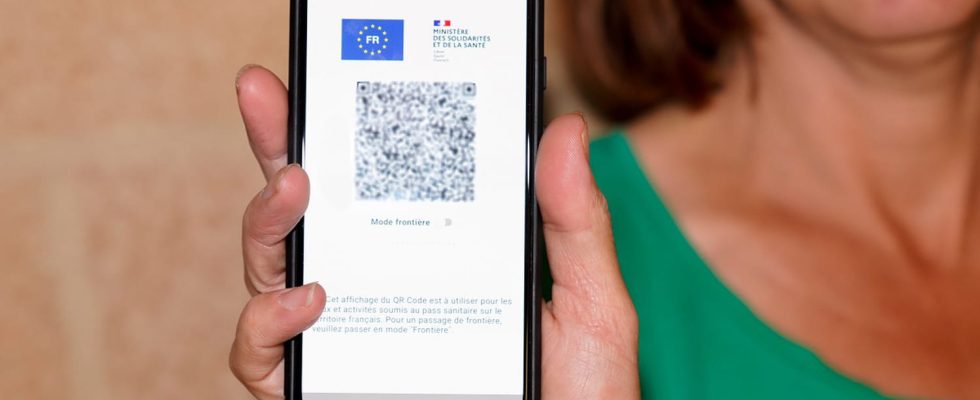During the 2024 Olympic Games, travel will be limited in Paris. To circulate in certain areas, you will need a QR code, which you can obtain on a dedicated digital platform.
Rail problems, risk of attack, high ticket prices, scams, requisition of student accommodation, high price of public transport tickets – which were initially supposed to be free… The least we can say is that the Paris Olympic Games, which will be held from July 26 to August 11, 2024, look much more difficult to organize than expected! Overall, mobility in the capital and surrounding areas is likely to become more complex, particularly with the millions of tourists expected. But the police chief Laurent Nuñez tells us, in the columns of Parisian, that, for safety reasons, motorists and pedestrians will not be able to move freely in certain areas of the capital and in Île-de-France this summer. Only people benefiting from an exemption, to be presented during checks, will be able to avoid this ban.. This is a system that is reminiscent of the one put in place during confinement!
2024 Olympic Games: heavily controlled traffic
The car space should be greatly reduced during the two periods of competition. Near stadiums, halls and other test sites, and more particularly within traffic perimeters determined by law enforcement, priority will be given to pedestrians and cyclists. The circulation of two- and four-wheeled motorized vehicles will be completely prohibited, except upon presentation of an exemption. Obviously, convoys of athletes, delegations, journalists and event organizers will also have the right to travel. Taxis and VTCs should also be authorized there if they drop someone off and only if they have proof.
Laurent Nuñez also announces that several metro stations will be closed. Those in the immediate vicinity of the Olympic site of course, to ensure that we can search everyone who enters the perimeter, but also certain stations close to the sites because they will be too small.
Olympic Pass: which areas are affected by the QR code?
To travel in certain areas, you will therefore need to have a certificate. “The principle is to leave it open. But yes, we will have to justify the fact that we are entering the perimeter”, explains the police chief. The authorities have currently demarcated four security perimeters. There will first be “an organizing perimeter where only accredited people (athletes, staff, organization, journalists, service providers, etc.) or those with a ticket enter”. Then, there will be a protection perimeter, said Silt, (for Internal Security and the Fight against Terrorism), which will be deployed as close as possible to the waterway where athletes and Olympic delegations will sail. It is a strict control perimeter, in which you will have to be searched. Then come the red zones, the principle of which is the ban on movement, except in the case of an exemption. Finally, the blue perimeters will limit through traffic. “We only want to let in the car those who live, work or want to go to a business or restaurant,” justifies Laurent Nuñez. You will therefore need to be able to justify your trip in the event of an inspection. “The principle is the ban on motorized traffic, and the exception, the exemption“, he summarizes. All the restrictions will not be “activated only during competitions, 2.5 hours before the start of the events and up to one hour afterwards.”
To obtain the precious document, “you will need to register in advance on a digital platform by providing a certain number of supporting documents, address but not only”. Be careful though! Exemptions will be limited and only certain categories of people will be able to request them.
The site will be active between March and April 2024, depending on its progress. “For the most vulnerable people, those who do not have access to the Internet, the city of Paris, with which we work closely, has provided the possibility of obtaining a badge or proof. Other communities are on the same idea Proximity”, says Laurent Nuñez. The prefect announces that a consultation will be launched until mid-January “in order to validate our hypotheses with an audience which will be received in Paris and in the prefectures of the Île-de-France departments hosting Olympic and Paralympic events”.
